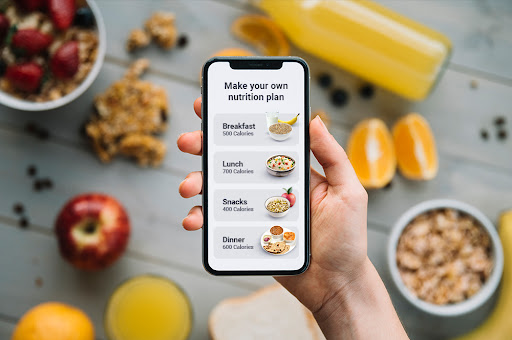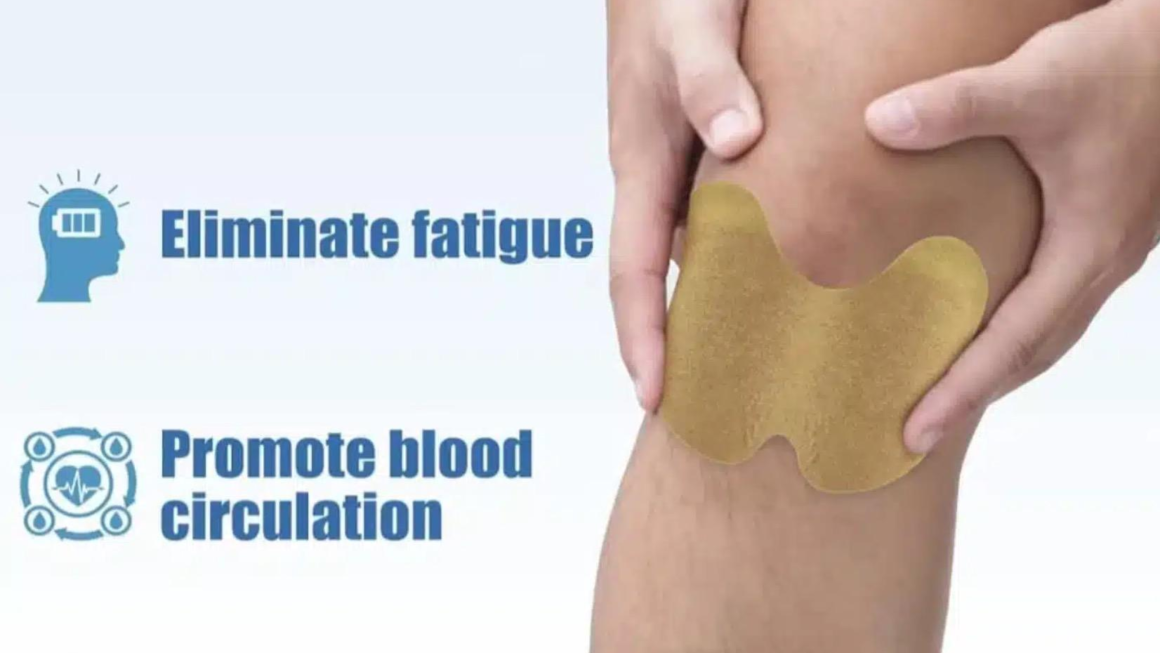In a world increasingly concerned with health and fitness, weight loss remains a prevailing goal for many individuals. While there is no shortage of fad diets promising quick results, sustainable weight loss often hinges on a balanced and nutritious food plan. Crafting such a plan requires understanding the fundamentals of nutrition, including the role of macronutrients, portion control, and the importance of a varied diet. In this article, we delve into the essentials of a successful weight loss food plan.
Understanding Macronutrients
Macronutrients, namely carbohydrates, proteins, and fats, form the foundation of any diet. Each macronutrient serves a unique purpose in the body and plays a vital role in weight management.
Carbohydrates: While often demonized in popular diets, carbohydrates are a crucial energy source for the body. Opt for complex carbohydrates found in whole grains, fruits, and vegetables, as they provide sustained energy and essential nutrients.
Proteins: Protein is essential for muscle repair and growth, making it a cornerstone of any weight loss plan. Incorporate lean sources of protein such as poultry, fish, legumes, and tofu into your meals to promote satiety and preserve muscle mass.
Fats: Contrary to common belief, not all fats are harmful. Healthy fats, such as those found in avocados, nuts, seeds, and olive oil, are integral for hormone regulation and nutrient absorption. However, moderation is key, as fats are calorie-dense.
Portion Control
Portion control is paramount when aiming for weight loss. Even healthy foods can contribute to weight gain if consumed in excess. Implement strategies such as using smaller plates, measuring serving sizes, and practicing mindful eating to prevent overeating. Additionally, listen to your body’s hunger cues and stop eating when satisfied rather than stuffed.
Prioritizing Nutrient-Dense Foods
Incorporating nutrient-dense foods into your meal plan is essential for meeting your body’s nutritional needs while promoting weight loss. These foods are rich in vitamins, minerals, and antioxidants, yet relatively low in calories. Examples include:
- Leafy greens: Spinach, kale, and Swiss chard are packed with vitamins and minerals while being low in calories.
- Lean proteins: Opt for skinless poultry, fish, eggs, and plant-based proteins like beans and lentils.
- Colorful vegetables: Bell peppers, carrots, broccoli, and tomatoes add flavor and nutrients to meals without excess calories.
- Whole grains: Choose brown rice, quinoa, oats, and whole wheat products for fiber and sustained energy.
- Fruits: Enjoy a variety of fruits such as berries, apples, oranges, and bananas for their vitamins and natural sweetness.
By prioritizing nutrient-dense foods, you can optimize your calorie intake while ensuring your body receives essential nutrients for overall health and well-being.
Hydration
Staying hydrated is often overlooked but is crucial for weight loss and overall health. Water not only aids in digestion and nutrient absorption but also helps control appetite and prevent overeating. Aim to drink at least eight glasses of water per day, and consider incorporating herbal teas and infused water for added variety and hydration.
Planning and Preparation
One of the keys to success in any weight loss journey is proper planning and preparation. Take time to plan your meals for the week, incorporating a balance of macronutrients and variety of foods. Prepare meals in advance whenever possible, such as cooking large batches of grains, proteins, and vegetables to assemble quick and healthy meals throughout the week. Having healthy options readily available can help you resist the temptation of fast food or unhealthy snacks.
Flexibility and Moderation
While structure is essential for adherence to a weight loss food plan, it’s also crucial to allow for flexibility and moderation. Depriving yourself of your favorite foods can lead to feelings of deprivation and ultimately sabotage your efforts. Instead, practice moderation by enjoying indulgent foods occasionally and in smaller portions. Allow yourself to savor these treats mindfully, without guilt or restriction.
Physical Activity
While nutrition plays a significant role in weight loss, physical activity is equally important for achieving and maintaining a healthy weight. Aim for a combination of cardiovascular exercise, strength training, and flexibility exercises to support weight loss and overall fitness. Find activities you enjoy and make them a regular part of your routine to enhance calorie burn and promote long-term success.
Conclusion
Crafting an effective weight loss food plan requires a combination of nutritional knowledge, portion control, and lifestyle modifications. By prioritizing nutrient-dense foods, practicing portion control, staying hydrated, and incorporating regular physical activity, you can achieve sustainable weight loss and improve your overall health and well-being. Remember that consistency and patience are key, and celebrate small victories along the way. With dedication and perseverance, you can reach your weight loss goals and embrace a healthier lifestyle for years to come.



